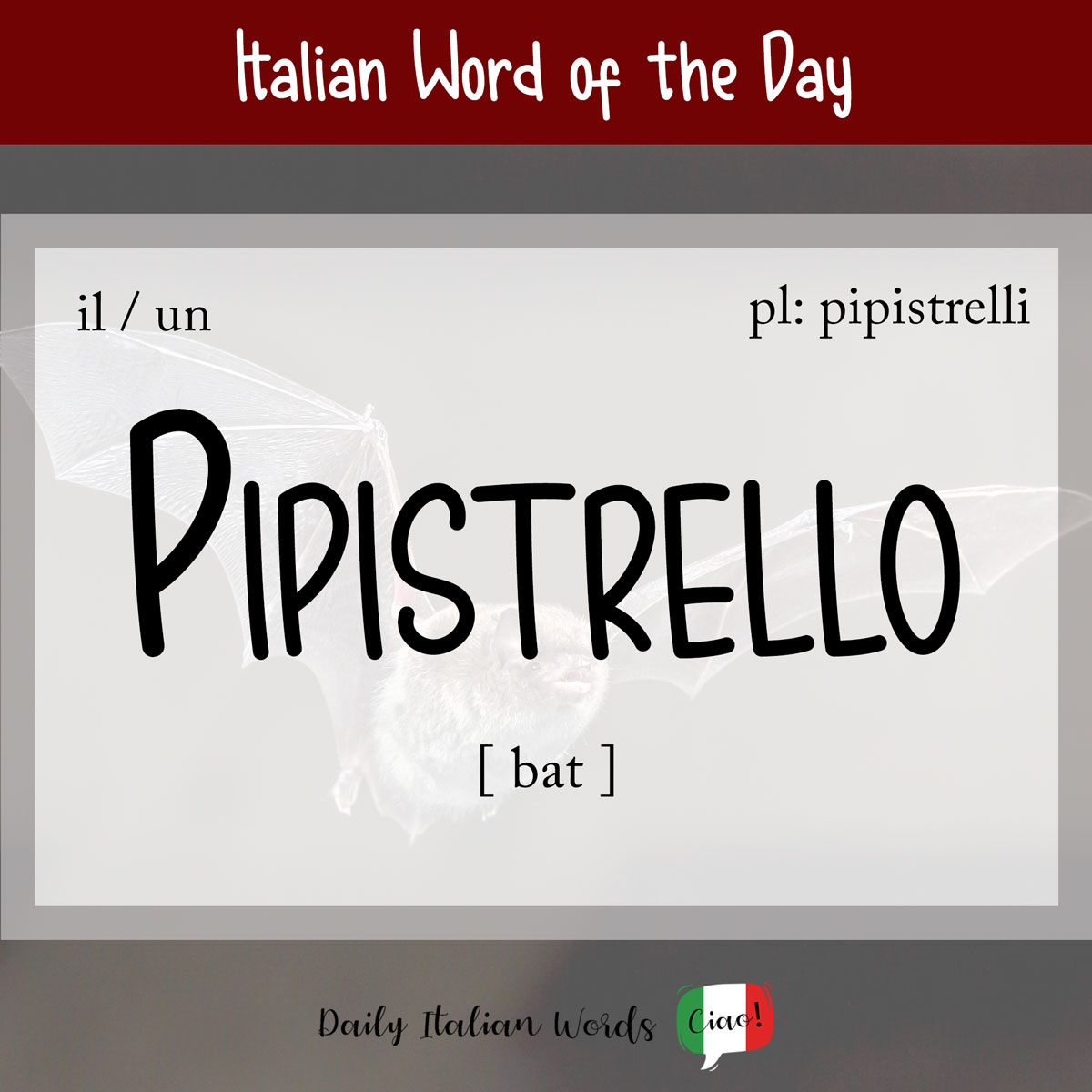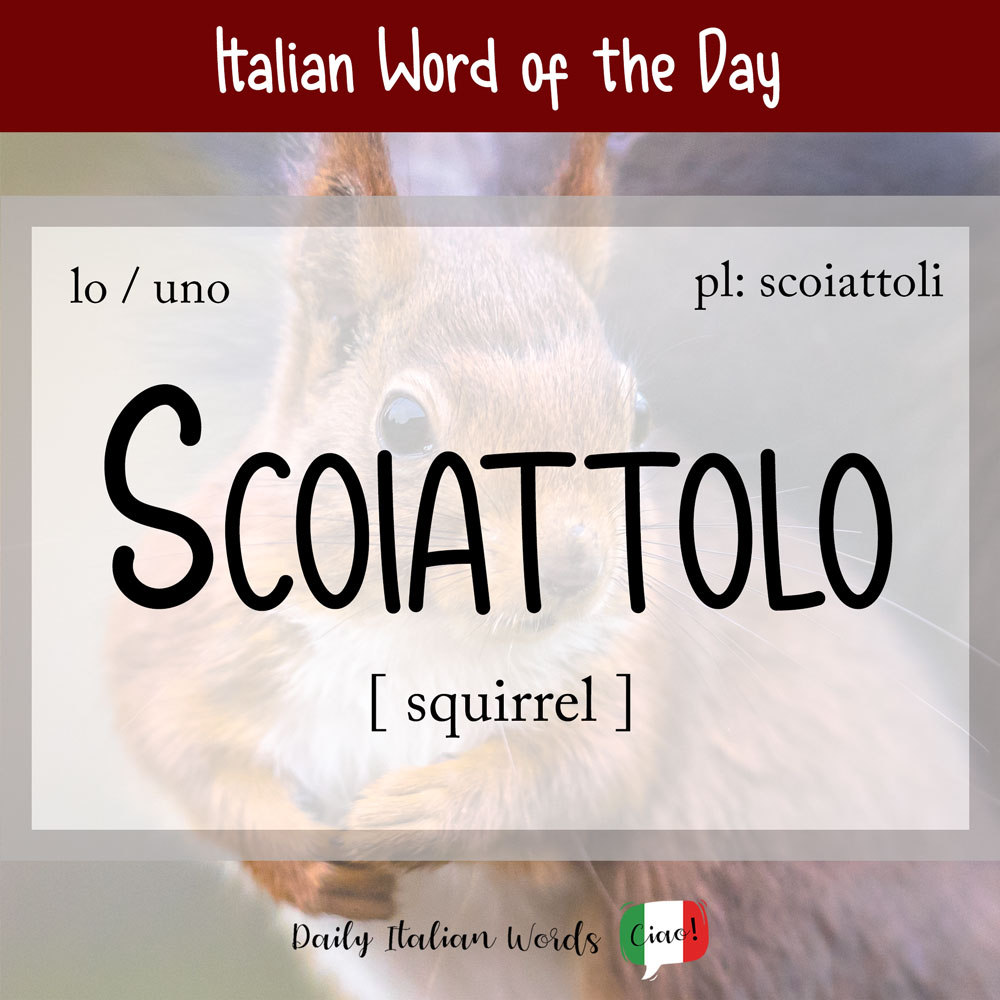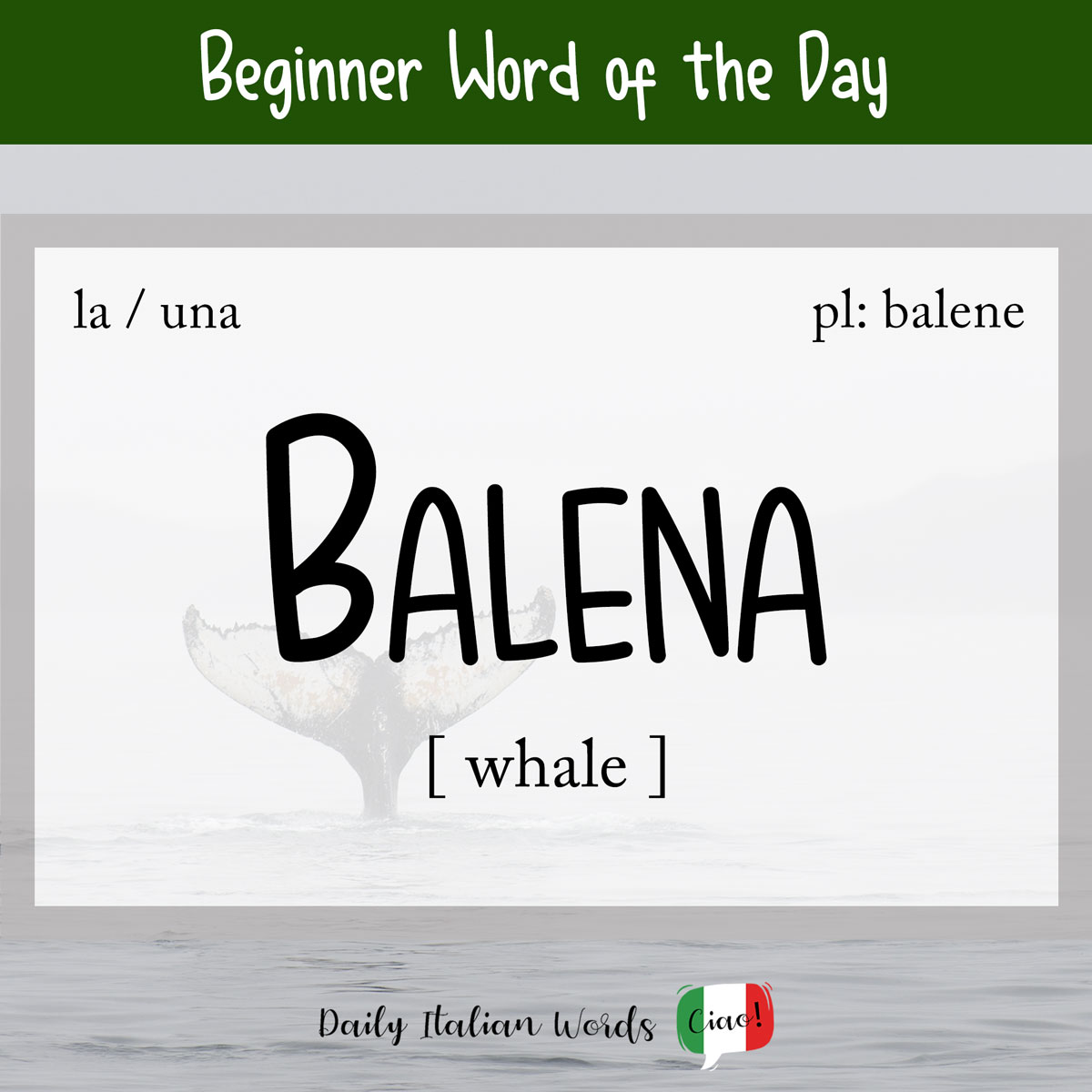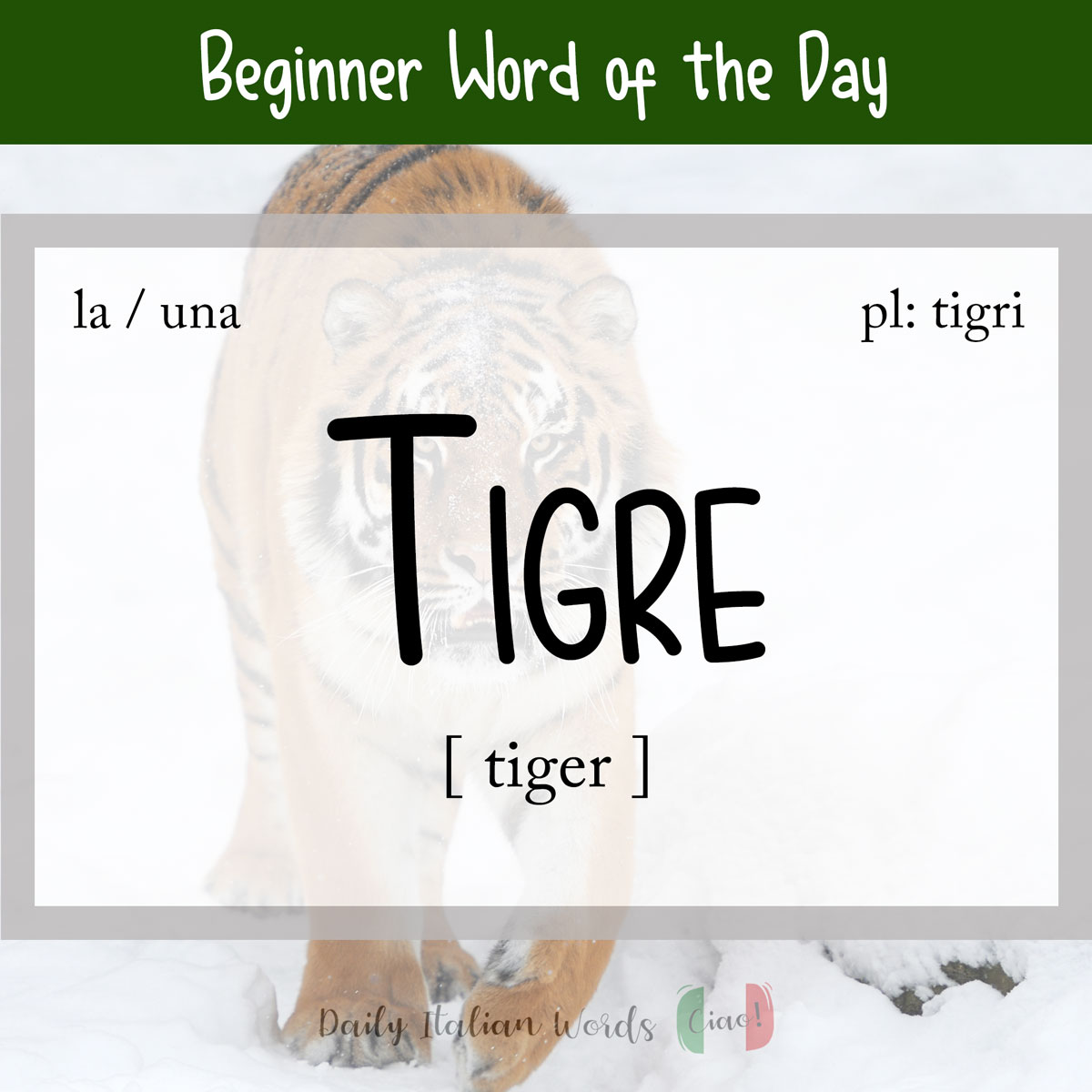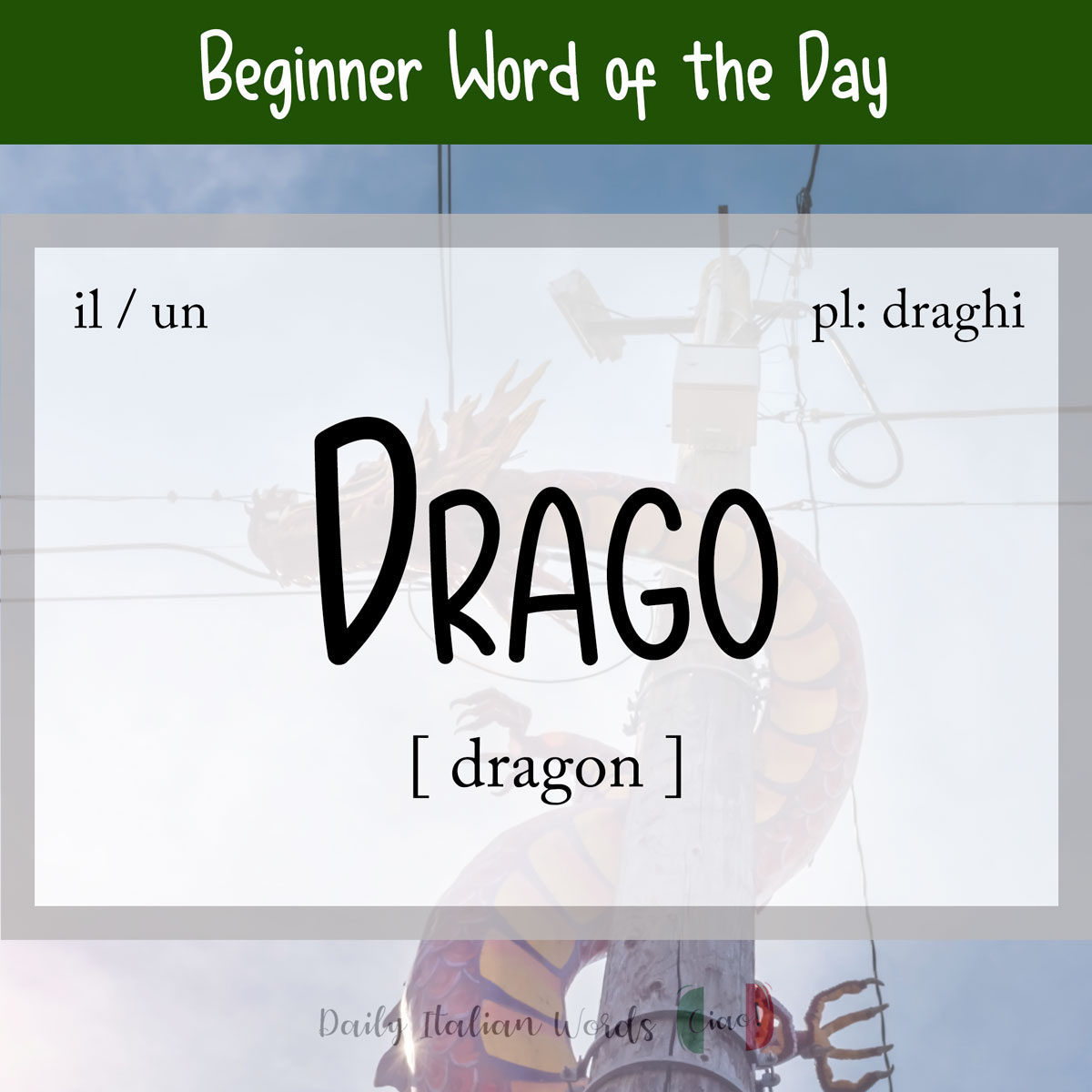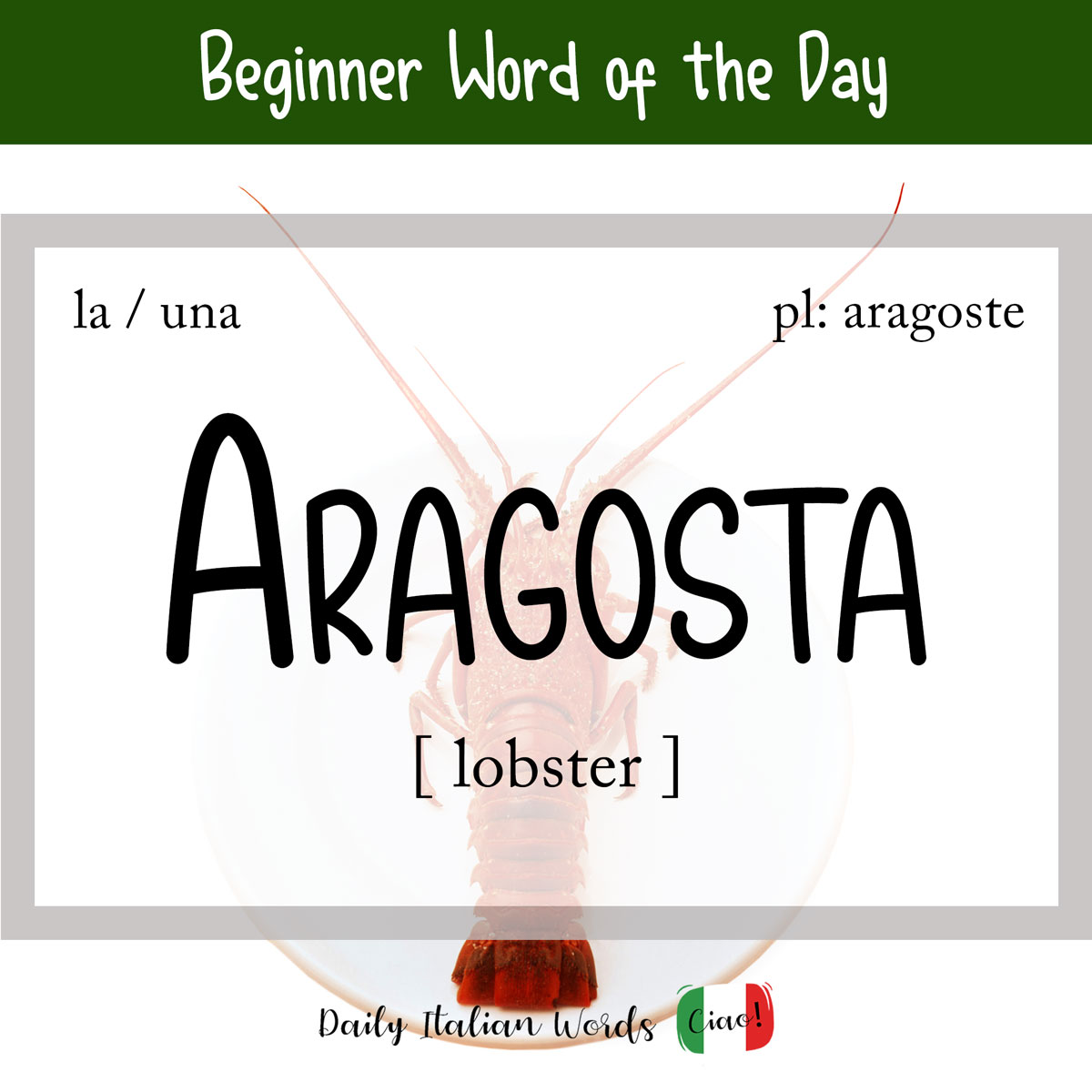Italian Word of the Day: Pipistrello (bat)
Today’s ‘word of the day’ is part of our Italian Halloween Word series. On the days leading up to Halloween, we’ll post a word that is related to this spooky time of year. Enjoy! 🦇 The Italian word for everyone’s favourite winged Halloween creature is pipistrello (masculine, plural: pipistrelli). It comes from the Latin vespertilio, …

